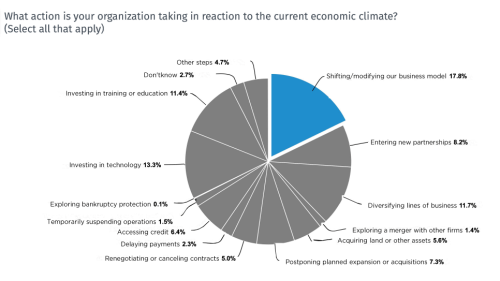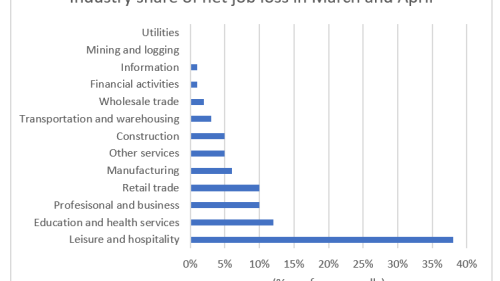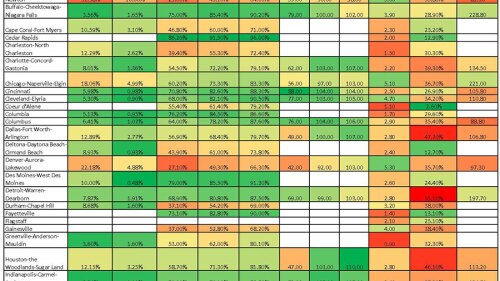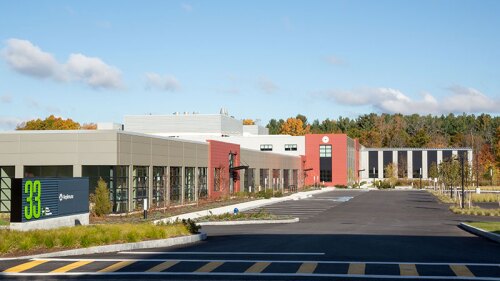Real Estate Trends
While the COVID-19 pandemic and ensuing recession have spurred ULI members to act quickly to adjust their business practices, a significant number of respondents to an Urban Landreader poll say they expect the real estate business to do better during this recession than during the Great Recession of 2007–2009. And a majority see opportunities for growth.
Demonstrating social value and the impact of real estate on a community is becoming more integrated into the decision-making and investment strategies for real estate. During a ULI Europe webinar, panelists said that the biggest challenge was addressing how the multifaceted nature of social impact can be measured accurately.
Industry experts from around the world convened both online and in person at the 2020 ULI China Mainland Summer Meeting in July. While many speakers were bullish overall, opinions were mixed on traditional office and retail as the economy recovers from the global pandemic.
A recent webinar organized by ULI Japan helped envision this “new normal,” looking at the current state of the global economy to make predictions about the “post-pandemic world.” The online forum was moderated by Jon Tanaka, managing director and cohead of Japan Real Estate, Angelo Gordon, who was joined by Izumi Devalier, chief Japan economist, Bank of America Merrill Lynch.
ULI is renaming its annual $100,000 J.C. Nichols Prize as the ULI Prize for Visionaries in Urban Development. The change represents part of the Institute’s ongoing effort to address and assist in remedying the legacy of social and economic harm caused by some real estate practices.
The ULI Terwilliger Center for Housing has created a Home Attainability Index, designed to support ULI district councils, local municipalities, and members of the development community who are working to address longstanding challenges related to home affordability. Attainable housing and income segregation remain major challenges for families and communities across the United States.
While the various segments of the Greater Boston commercial real estate industry grapple with how to return to operations safely as the global pandemic persists, the region’s life science sector continues to thrive. Acquisition, development, and leasing of laboratory properties remain robust in Boston and Cambridge as well as in the submarkets, according to a panel of life science property owners recently assembled for a ULI Boston webinar.
A member co-chair of the ULI Washington Diversity and Inclusion Working Group writes about the recent events in D.C. and beyond.
A new update from ULI to the Reshaping Retailreport, which was published earlier this year prior to the coronavirus pandemic taking hold across Europe, forecasts that the impact of COVID-19 will accelerate the restructuring of the retail property sector, particularly in the United Kingdom. The need for stable cash flows has been identified as the main overall trigger point needed to spur the investment market.
Panelists at this year’s ULI Singapore Conference, held virtually for the first time, discussed the challenges they face as developers with recent workplace disruptions, how to allow for working remotely while catering to the needs of stakeholders, and the lasting impact the pandemic will have on commercial real estate as a whole.





